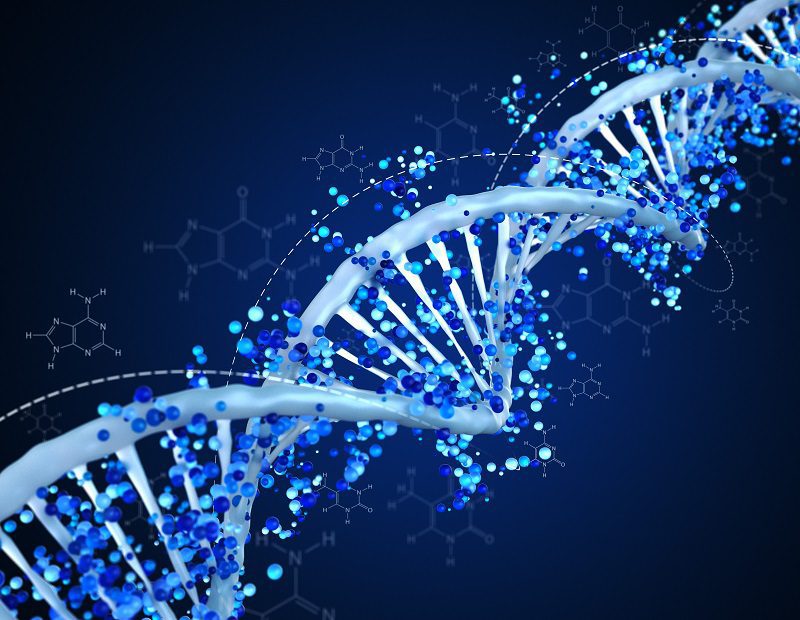
To understand what peptides are and why are peptides good for skin, you need to know about amino acids. Amino acids are the basic components of life on earth. Amino acids are individual compounds consisting of carbon, oxygen, hydrogen and nitrogen in various combinations.
People are asking why are peptides good for skin but the answer requires a deeper look into peptides and amino acids. There are 20 amino acids found in humans, but more than 500 are known. Amino acids make up about 20% of our bodies. (we are 60% water and 15% fat…)

Peptides are merely amino acids strung together.They can consist of anywhere between 4 and 50 amino acids. Peptides in turn link together to form proteins. Proteins such as collagen, elastin, keratin, or hemoglobin are vital to the structure of skin, muscle, and blood.
Other proteins in our bodies made of peptides direct cellular function as hormones: think insulin, growth hormone, or thyroid hormone.

Why are Peptides Good for Skin
Some of the portions of a protein molecule—certain combinations of peptides—may function like their larger protein counterparts to direct cellular function. They can, for example, direct our cells to produce more proteins. Because they are smaller than proteins, peptides more easily permeate the barriers between skin cells—or the barriers between cells in our intestines—and may therefore be absorbed better into the body.
Once they have penetrated, peptides may bind to cell receptors producing and directing these certain functions within specific cells to induce or inhibit biochemical processes.
Skincare Benefits
The main benefits of peptides in aesthetic practice are that they signal the body to produce more collagen and elastin, two vital components that deplete as we age. Collagen and elastin diminish in quantity and lose some of their highly organized structure-and as such, aging skin has a completely distinctive look under the electron microscope and peptides direct cells to replete the deficiencies.
Peptides can also exert an antioxidant effect, protecting us from the damaging effects of radiation pollution and our bodies’ response to aging. They may have benefit in preventing infections from bacteria and potentially from viruses such as Covid -19.
Small quantities can prevent uptake membrane encapsulation and replication of the virus. Because they have few side effects and require limited dosing, it is possible that one day infections will be treated with amino acid chains that specifically eliminate the infection without the side effects of antibiotics.


